People frequently assume that the only method to extinguish a fire is to drench it with water. And while water is beneficial in most cases, there are some instances where it is not the ideal tool for the job!
Even when water does help to extinguish a fire, it can have severe consequences. For example, putting water on a gasoline fire might cause the flame to expand faster. Using water in a data center or elsewhere with sensitive electronics can harm the systems past repair.
Hence you require a fire suppression system. This guide will help with all your doubts by providing you with all the necessary information regarding a Fire Suppression Systems Office
What Are The Different Types Of Fire Suppression Systems?
Quick Navigation
A fire suppression unit is specially designed equipment for extinguishing flames. Fire suppression equipment is frequently equipped with elements that can identify a fire in its early stages.
1. System Pre- Engineered
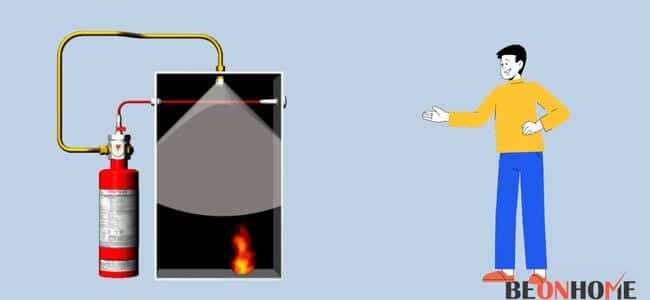
This sort of suppression mechanism is utilized to keep the micro-environment safe. Pre-Engineered Systems may also be used to put out flames in electrical panels, EDM machines, and CNC machines. Such devices are utilized to protect electrical panels and vehicle compartments.
2. System for Suppression of Clean Agents
To suppress flames, Clean Agent Suppression Units employ environmentally acceptable chemical agents. The chemical clean-up procedure is simple, safe, and painless.
3. System Of Total Flooding
The suppression system constructed a distribution channel system across the space. The Total Flood System is ideal for putting out any form of fire.
4. Suppression System For Kitchen Fires
Typically, this sort of suppression device is seen in restaurants and industrial kitchens. The system distributes a water-based pharmaceutical type combination over the flames when necessary. Most cooking fire suppression units are either manual or heat-activated. And they do not require an electrical connection to function.
5. Carbon Dioxide (CO2)
This gaseous agent acts swiftly and efficiently but is hazardous to human health. Best for unattended, uninhabited facilities.
6. Dry Chemical Suppression
This extinguishes flames produced by combustible/flammable liquids fast. This material is ideal for furnace spaces, explosive liquids, storage facilities, and mechanical rooms.
7. Wet Chemical Suppression
This method employs liquid substances to prevent re-ignition. It’s ideal for kitchens.
8. Clean Agent Fire Suppression
This leaves no residue and is thus perfect for sensitive applications. this may include museums, storage spaces, libraries, computer or data rooms, etc.
What Is Considered A fire Suppression Suppression System?
A fire suppression system, similar to a fire sprinkler framework, is used to suppress or control fire and is triggered by fire or smoke. On the other hand, a fire suppression system employs gas, chemicals, or foam fire control agents rather than water to extinguish the fire.
We all agree that water can cause harm to your precious electronic equipment in case of an emergency. hence, server rooms and production plants usually have a fire suppression system instead of a sprinkler system.
A fire suppression system is also required for facilities that handle highly flammable compounds like oil and gas because water is ineffective as a fire suppression agent whenever oil and other substances hydrocarbons are burnt up.
Which Fire Suppression System Are Most Effective For Commercial Applications?
While searching for a fire suppression system on a commercial level, there are a few things that are to be kept in mind.
We must ensure that the chemicals used in fire extinguishing are harmless to humans. Also, they should not have any side effects on the human body.
These chemicals used must also be safe for electronic applications and computer rooms. These chemicals must not react to electronic devices as they store crucial information.
They should also be non-corrosive and non-volatile. Keeping all the above parameters in mind, Clean Agent Fire Suppression Systems are the most effective and preferred ones.
They are fast-acting and can take out a fire quickly without delay. They are also low on emissions and are harmless to the environment. Hence these are the most effective ones for commercial application.
How Does A Commercial Fire Suppression System Work?
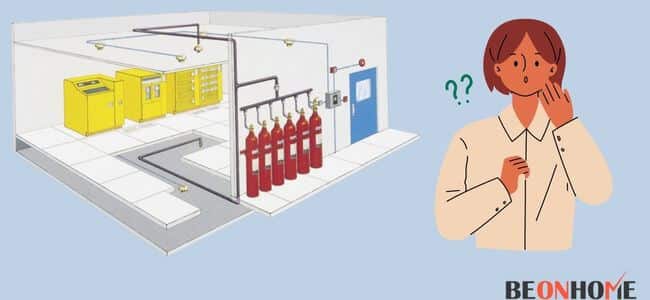
A fire suppression device will have features to see flames as soon as feasible. Typically, a fire suppression system includes components that detect fires in their early stages using heat and smoke. These components will indicate the existence of fire and smoke first.
The suppression system will therefore sound an alert, allowing the fire to be put out before it spreads. A fire suppression system is an ‘active’ fire protection device since it is activated in reaction to the presence of fire. A fire suppression system includes several components that ‘actively’ operate to end the smoke and flames.
To grow, a fire requires three things: oxygen, fire, and gasoline. When the system senses a fire, moist chemicals are discharged from the jets above the device.
These wet compounds are designed to extinguish fires rapidly by coating the flames and depriving them of oxygen. When the system fails, the hose to the appliance is instantly disconnected, starving the fire of fuels.
Final Talk
So, we hope we have answered all your queries related to fire suppression systems. These systems are better than water sprinkler systems in many ways. They reduce the chances of electronics getting damaged due to water usage and are environmentally friendly.

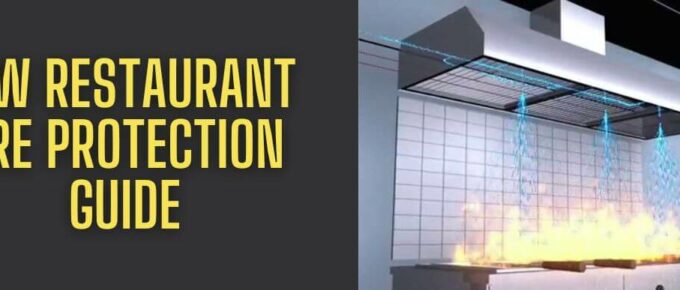
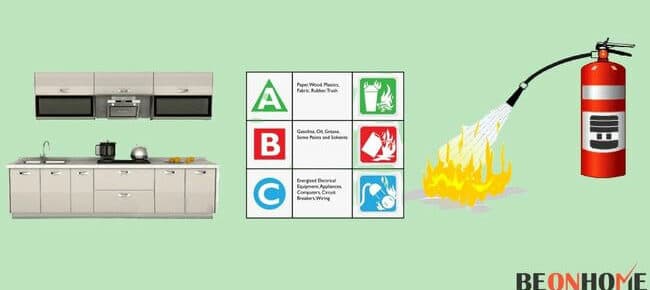
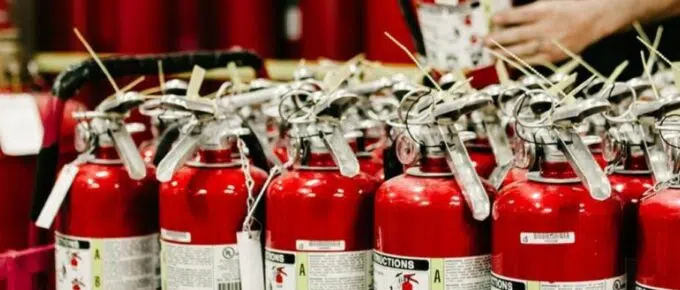
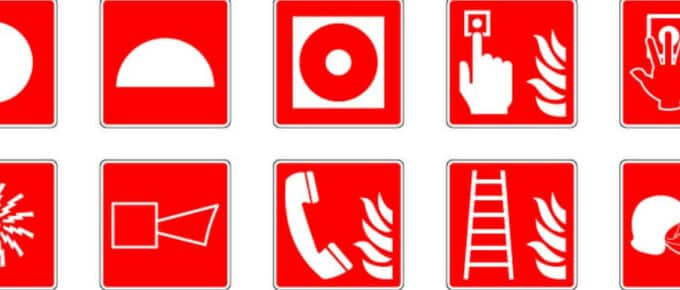
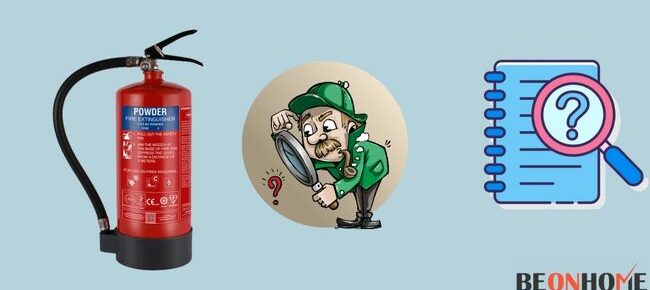
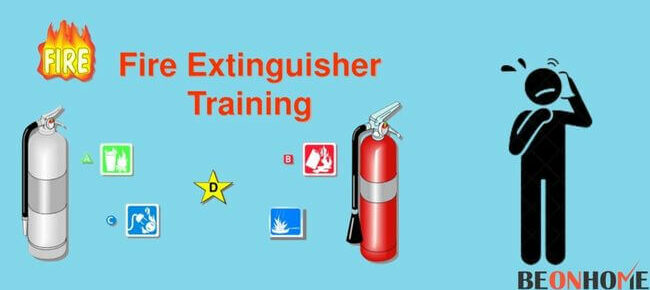
Leave a Reply